If you have a relationship that keeps you awake at night, scratching your head wondering what you need to do to get them to change or stop treating you the way they’re treating you then you are in a toxic or dysfunctional relationship.
And if it happens to be a parent that’s toxic or dysfunctional, it complicates matters because you have this layer of expectations around you from other people of how you’re supposed to handle it. IE: “That’s your mom or you’re Dad! Come on! You’re supposed to love them and accept them for who they are. They brought you into the world”.
And if you happen to create some distance with your toxic parent and you share that with somebody, saying “I’m just not speaking to my mom or dad right now.” You’ll find sometimes you get that sideways look, people wondering what’s wrong with you.Never mind the fact that you’re not talking to him or her for a damn good reason.
First of all,what is a toxic or dysfunctional person?
Well what is a toxin? And what does a toxin do? It makes you sick and unhealthy. So, a toxic person affects your health and makes you sick. A toxic person can affect your mental health, your physical health, your psychological health, your emotional health, your financial health and so on.
A toxic parent could be a narcissistic parent, an emotionally (or an way) abusive parent, an addicted parent on and on.
Maybe you have tried to set boundaries in the past and prayed and hoped that this could be the one time that they’re going to change. You wanted them to love you the way you deserve, give you the respect you want, but you continually end up disappointed..
I’m going to give you 3 keys today on how to set a boundary with a toxic parent. Of course, if you want more help, consider joining our next boundary workshop.
The very first key is clarity.
The first thing you want to do when we set a boundary is to get really crystal clear about what actually it is that you’re no longer willing to tolerate or settle for.
There are specific behaviors that you’re going to be unavailable for moving forward and you need to be able to communicate what those are with precision.
Anytime you’re triggered to defend yourself, rationalize your own feelings or justify your own position, or if you’re feeling controlled or manipulated, a boundary is a proper response.
Make a list of all the things you’re no longer willing to do. Is it giving money? Is it you’re no longer willing to be emotionally manipulated? Is it that you’re no longer willing to be around with him or her under the influence?
The second key is embracing reality.
This key is what I call trading righteousness for reality.
Your Righteous person. You have a good heart. You know right from wrong and you know darn well how you’re supposed to be treated. You know how a mother is supposed to behave. You know that she’s supposed to be kind, compassionate, loving, warm, consistent, caring, and having unconditional love.
You know how a dad is supposed to behave. He’s among other things: a kind, supportive, protective, leader, etc.
The problem is, you don’t have a mom or a dad. You have a “Rick” or a “Janet”.
Trading righteousness for reality means we stop living in the expectation of the role that people are supposed to play in our lives and we see them as people instead.
We stop trying to cram “Janet” into a mom box and let her be herself. We simply choose how we want to experience her being herself.
We stop taking his or her behavior personally.
I know releasing them from the role carries with it a certain kind of grief. As it’s been said, “One of the hardest things to do is to grieve a person who is still alive.”
But, if you can see clearly and accept the reality of who “Janet” is, detaching her from “Mother”, you can make educated decisions about how you prepare and protect yourself.
Key number 3 is Do the damn thing.
I understand the hardest thing to do is actually do the damn thing and that’s setting and following through with the boundary.
First, we use the formula.
When you…
I feel..
I want…
If you…
I will…
For example,
“When you drink,
I feel anxious.
I want to have sober interactions with you.
So, if you continue drinking,
I will leave.”
Or,
“When you speak to me that way
I feel disrespected and hurt.
I want to have healthy discussions with you.
If you continue to speak to me this way,
I will leave/ hang up.”
As you can see, the formula is simple. It’s not a dissertation, defending your position for a reason.
You do not need to defend, rationalize, or justify your position.
Now here’s the Magic Bullet piece of advice. You need to know when you set a boundary with somebody that’s toxic or dysfunctional you better expect that they are going to cross the boundary over and over again.
SO, you will need to repeat yourself over and over and you will need to continue to enact the consequence over and over.
You do the thing you said you were going to do. And I know that’s the hardest part.
It’s hard when you have to walk away, when you have to end the conversation again, when you have to hang up for the 50th time, when you have to delete the texts and disengage, when you have to stop sending the checks, when you have to stop rescuing.
It’s hard because the inner judgement starts. The voice in your head tells you that you aren’t being a good daughter or a dutiful son.
When you decide to stop playing by the dysfunctional family rules, the toxic or dysfunctional person will pull out all the stops, working overtime to make you feel shame and guilt. Experts call this FOG (Fear, Obligation and Guilt tactics to cusk you back in.)
Stay strong and firm in your boundaries, root down in your value and be the love for yourself you craved your whole life but they were unable to give.
Part of the healing process is declaring a self-love Manifesto.
Decide that you’re going to give yourself the love you never got and start today!
Give yourself the respect they can’t give you.
I know it’s hard because you love them. You are able to love the ones who continually hurt you.
But don’t confuse pity for love.
When you pity them for being the way they are you cross the line into toxic empathy. And that’s about justifying their bad behavior and continuing to tolerate it in the name of compassion.
When you decide it is YOU who needs your love the most, your whole word changes. All relationships are transformed! You develop this unstoppable confidence and you stop getting ratted and shaken off your axis.
You deserve that kind of love. And I’m here to help you cultivate it.
If you want more information, please head over to www.LoveCoachHeidi.Com and let’s connect.

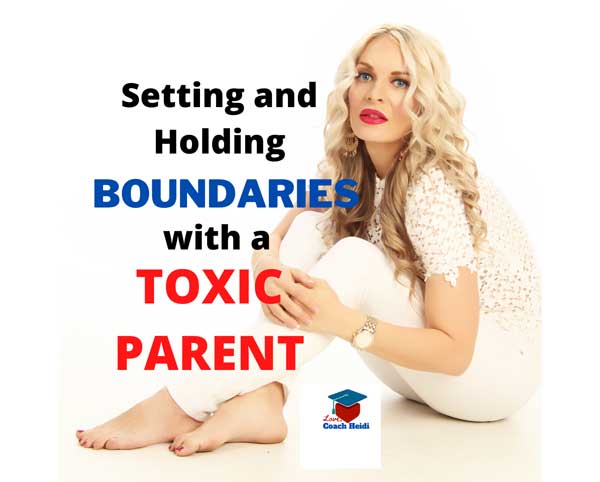
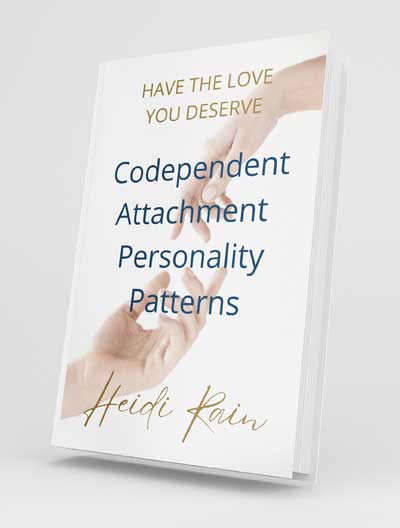
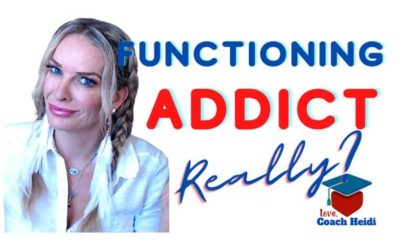
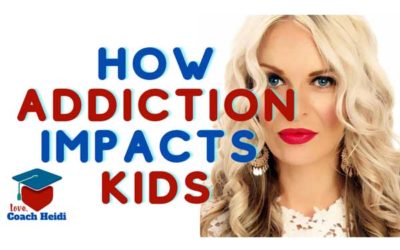
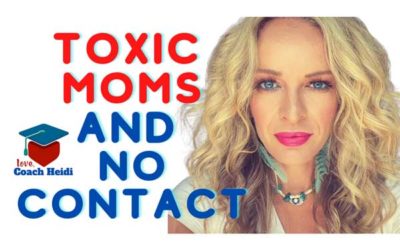
0 Comments